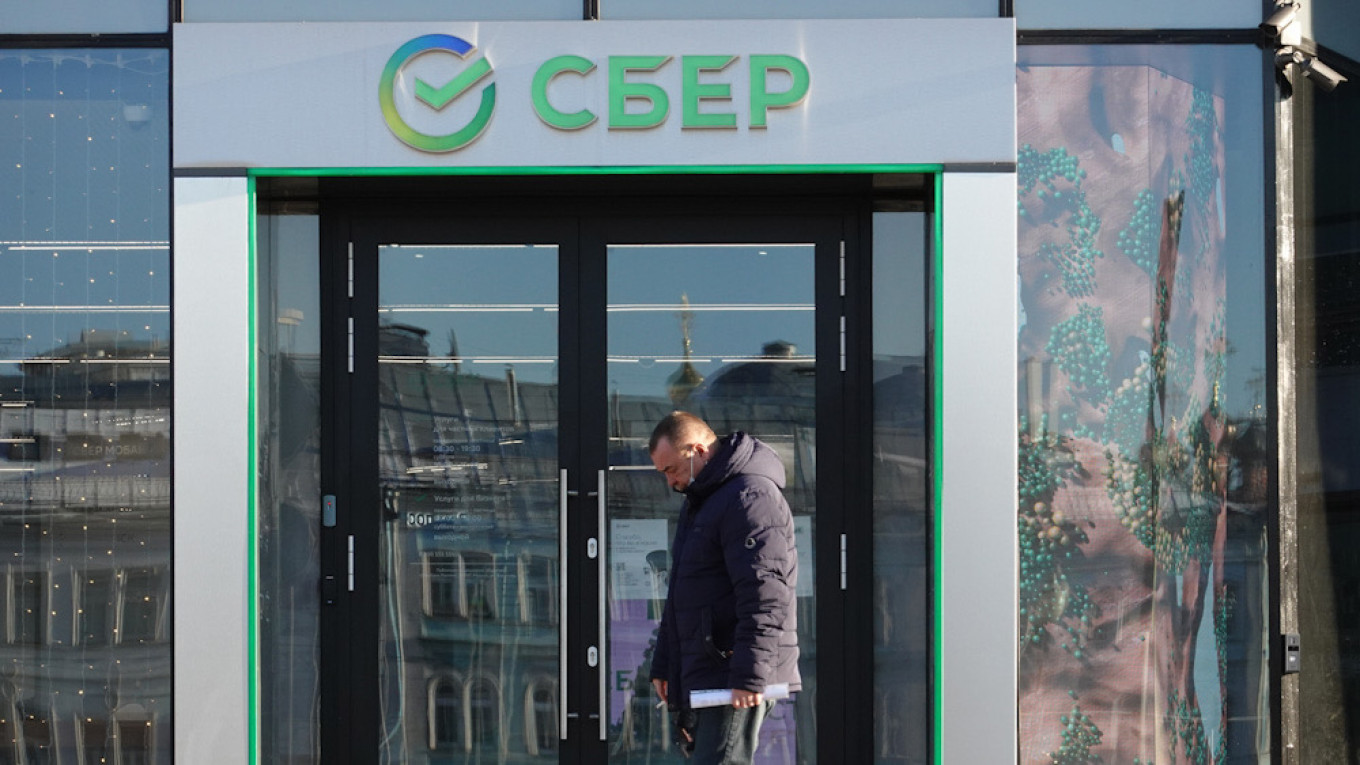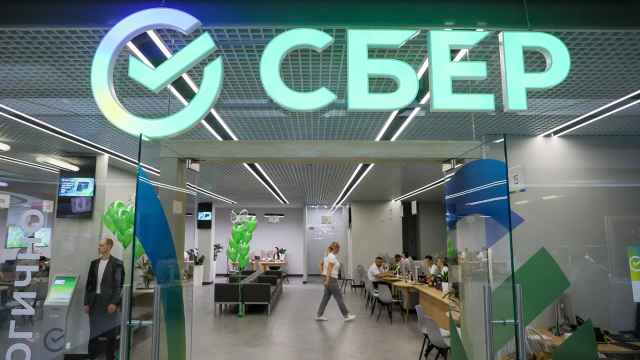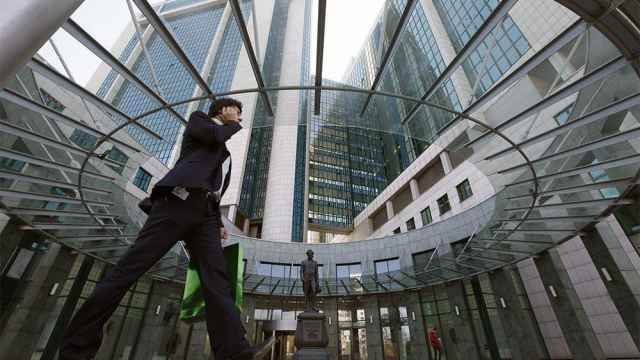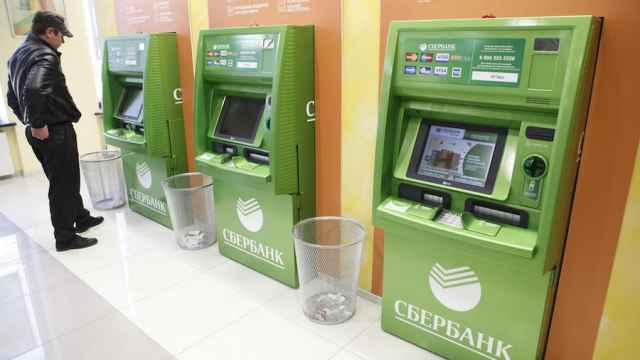Sberbank — Russia’s largest bank and most valuable company — posted profits of more than $10 billion in 2020, despite the economic fallout of the coronavirus pandemic.
The lender’s net profit for the year came in at 782 billion rubles ($10.1 billion) — a fall of 7.7% compared to 2019, Sberbank said in annual financial results announced Friday morning.
The results cap a strong turnaround for state-controlled Sberbank — Russia’s most valuable listed company with a market capitalization of around $88 billion. Profits crashed by as much as 85% last spring as Russia entered a six-week lockdown in an attempt to stop the spread of the virus.
Nevertheless, the pandemic did force Sberbank to shelve a previous goal of hitting one trillion rubles ($13.6 billion) in profits for the year.
Russia’s banking sector also faced headwinds from the ruble’s dramatic depreciation, a surge in unemployment — which saw Sberbank increase its loss provisions eight-fold at the height of the economic crisis — and interest rates being slashed to their lowest level in history. Low interest rates are typically bad news for banks as it reduces their net interest margins — the difference between earnings from interest charged on loans and that which is paid out on deposits.
The need to increase reserves “had a significant impact on the bank's financial results,” a Sberbank spokesperson said on a conference call with investors Friday, cited by business site RBC.
The share of overdue loans was up by almost half compared to a year earlier, according to Sova Capital — though still a manageable 3.2% of the bank’s total loan portfolio. The bank set aside provisions for expected write-offs worth 6.6% of all loans.
“But considering our results in the first half of the year, how we were able to recover and eventually post a 16.5% return on equity (ROE) in such a year deserves special attention,” they added. ROE is seen as a key metric of a bank’s success — measuring its ability to generate profits and returns to shareholders.
Sberbank’s turnaround accelerated rapidly in December, with net profits up 12% compared to the same month in 2019, the bank said.
It was helped by government support to the financial sector, as well as other coronavirus support measures, such as subsidized loans for businesses and cheap mortgages for new home-buyers. Sberbank’s mortgage book, for instance, grew by more than a fifth last year.
Andrey Mikhailov, a senior analyst at Sova Capital said Sberbank’s results toward the end of 2020 were particularly impressive, and should “alleviate some concerns” about how the bank’s performance will hold up in 2021 as the impact of lower interest rates looks set to further eat into profits.
Finam analyst Igor Dodonov said “Sberbank should be one of the main beneficiaries” of the expected economic recovery this year, citing its strong financial position and the ambitious technology transformation the lender has started to embark on.
Shares in the lender were unchanged in Friday trading on the news, standing at 284 rubles ($3.87) each on the Moscow Exchange, but have risen more than 60% from the lows recorded in March 2020 to new record highs. On the back of previous strong profits and a government drive to increase the returns to the budget from state-owned, Sberbank paid out Russia’s largest ever corporate dividend last year. The Russian government owns a majority stake in the lender of 50% plus one share.
A Message from The Moscow Times:
Dear readers,
We are facing unprecedented challenges. Russia's Prosecutor General's Office has designated The Moscow Times as an "undesirable" organization, criminalizing our work and putting our staff at risk of prosecution. This follows our earlier unjust labeling as a "foreign agent."
These actions are direct attempts to silence independent journalism in Russia. The authorities claim our work "discredits the decisions of the Russian leadership." We see things differently: we strive to provide accurate, unbiased reporting on Russia.
We, the journalists of The Moscow Times, refuse to be silenced. But to continue our work, we need your help.
Your support, no matter how small, makes a world of difference. If you can, please support us monthly starting from just $2. It's quick to set up, and every contribution makes a significant impact.
By supporting The Moscow Times, you're defending open, independent journalism in the face of repression. Thank you for standing with us.
Remind me later.






